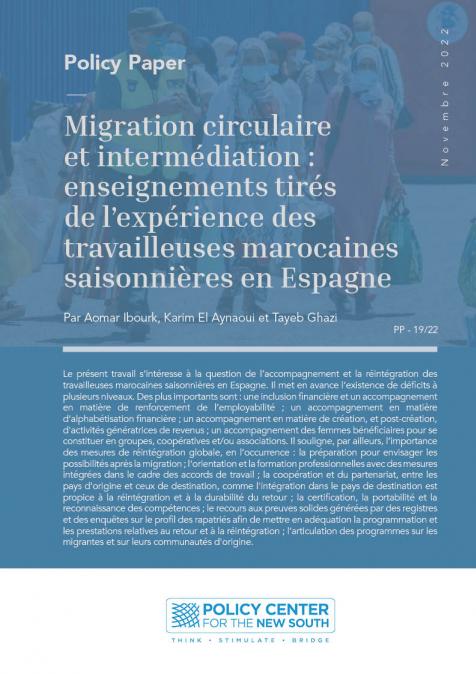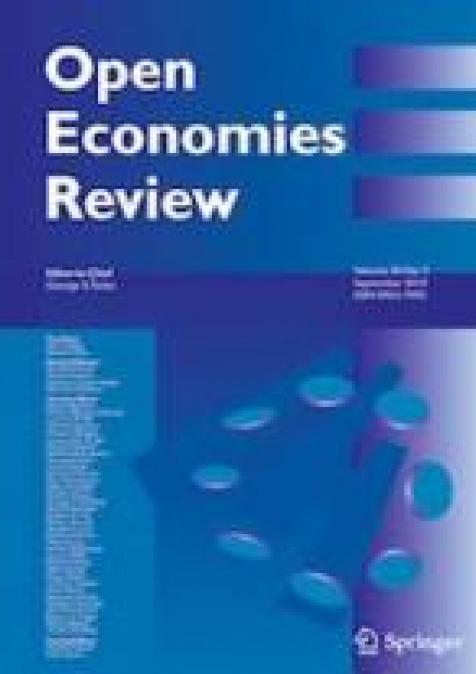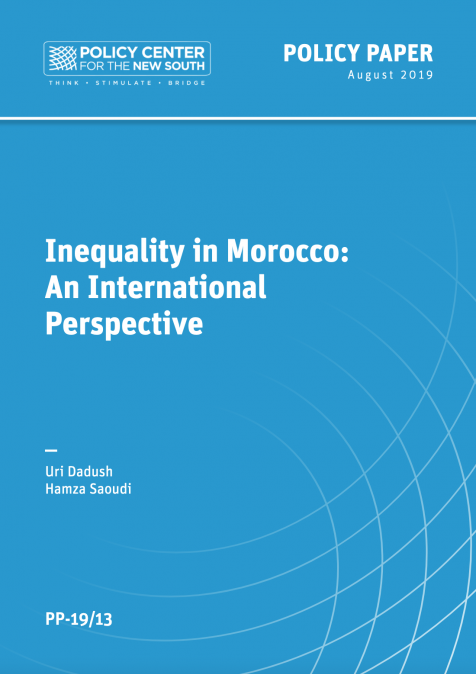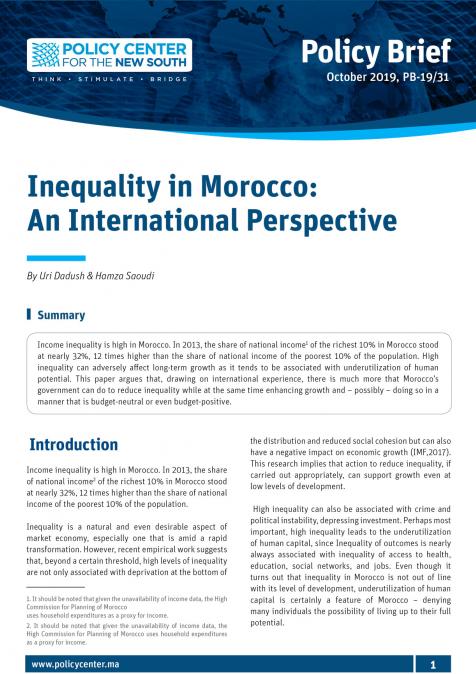Publications /
Opinion
Covid-19 has already put severe pressure on the global economy. Within four months since the first cases of coronavirus were confirmed in China in December of 2019, millions of people have lost their jobs worldwide due to the crisis and the imposed lockdown to prevent the spread of the virus. The forecasts are gloomy. According to the International Monetary Fund, the pandemic will trigger negative growth in over 170 countries and might therefore bring a worse economic recession than the 2008 global financial crisis.
Some governments seem to have learned their lessons from the 2008 crisis and have offered extraordinary economic aid to affected workers and companies. The Spanish government announced a relief package of a total value of €200 billion, including such measures as loan guarantees of €20 billion to support companies, small and medium enterprises (SMEs) and the self-employed affected by the crisis (aid still judged as insufficient by companies and workers[1]). The companies may also present a temporary suspension of workers (so called ERTE – Expediente de Regulación Temporal de Empleo) until the situation stabilizes. Similarly, the UK approved a £330 billion worth package of loans and guarantees, including a job retention scheme, allowing companies to furlough employees and to apply for a grant covering up to 80% of monthly wage costs.
Are Women More Affected by the Crisis?
While designing policy responses, policymakers should however not overlook that there is one group particularly exposed to financial and social hardships resulting from the crisis – women.
In the first instance, women tend to be heavily represented in the industries which are hardest hit by movement restrictions and social distancing. In particular, hotel, catering and tourism (HCT), services and retail (in particular textile and apparel) sectors are dominated by women (55.5%, 61% and 54% respectively, with women accounting for 66% of customer services clerks at a global level, according to the International Labor Organization).
At the same time, the pandemic’s reach into other parts of the economy has meant that workers most likely to be affected by dismissals are temporary and part-time workers. This may have again a disproportionate impact on women, who tend to be over-represented in this type of employment as a result of their responsibilities at home; indeed, women perform over 75% of the total amount of unpaid care work globally according to ILO.
Even for those who are able to balance full-time employment with family responsibilities, however, the crisis remains an obstacle, as educational institutions and care facilities are closed, making it far more difficult for women to serve both obligations. This is especially true in relation to single-parent families, which are headed in the majority of cases by women, and who tend to occupy lower paid jobs (and many already live on the verge of the poverty line).
Post Crisis Economic Recovery: Lessons Learned
Many governments globally, together with international financial institutions, have already an eye towards the need of ensuring economic recovery following the crisis. Any effective economic responses to the crisis caused by the Coronavirus should however factor in a gender perspective, understanding the challenges faced by women and incorporating solutions that would aim at reducing the disproportionate gender impact the crisis may have.
According to Clare Wenham, Julia Smith and Rosemary Morgan, authors of “COVID-19: the gendered impacts of the outbreak”, lessons learned from the past health crises (e.g. the outbreak of Ebola and Zika virus) show that lack of incorporation of a gender perspective in policy responses led to insufficient financial resources being directed for women´s needs. Similarly, measures adopted following the 2008 global financial crisis impacted women much more severely than men, due to a cut of public spending in the health and teaching sectors, dominated by women (77% and 68% respectively, according to ILO).
The COVID-19 as an Opportunity to Right the Wrongs?
The economic crisis related to the pandemic may also provide a good opportunity to address the inequalities related to gender on the labor market, such as equal access to employment and equal treatment at work. Achieving gender equality is one of the 2030 Sustainable Development Goals, but progress so far has however been rather limited. A 2019 assessment stated that women, overburdened by domestic work, lack time for paid work. According to the World Bank, improving gender equality on the labor market would positively impact GDP growth, adding between 11%-26% to global annual GDP by 2025.
Against this backdrop, economic support during and post crisis should be directed to boost the recovery of most heavily impacted sectors, namely the service sector, that includes hotel, catering and tourism. More resources should also be allocated to provide loans and access to credits to the self-employed in those sectors. In OECD countries alone, women account for 70% of the self-employed in the service sector.
Equal efforts should be deployed to, at times of crisis, protect all types of employments, including temporary and part-time. For instance, the temporary job scheme adopted in the UK does not apply to part-time workers.
Post-crisis, flexible work policies, such as tele-commuting or flexi time, should be promoted and public childcare services should be made more affordable in order to enable women to access full-time jobs, and, consequently, reduce their financial vulnerabilities and exposure to potential future crises.
In a more long-term perspective, efforts should be directed to increase social awareness of the importance of unpaid care work to the economies, its recognition and visibility, and promote more equal household works division through education and awareness raising campaigns.
The trends related to women´s employment are due to many factors, including education, motherhood or unequal distribution of unpaid work. However, gender biases also play a role and women continue to earn less than men in comparable positions[2]. Public campaigns should be therefore organized to counter stereotypes and the undervaluation of work performed by women, and companies should be encouraged to ensure equal treatment for equal jobs.
The author is an almuna of the 2018 Atlantic Dialogues Emerging Leaders program.





